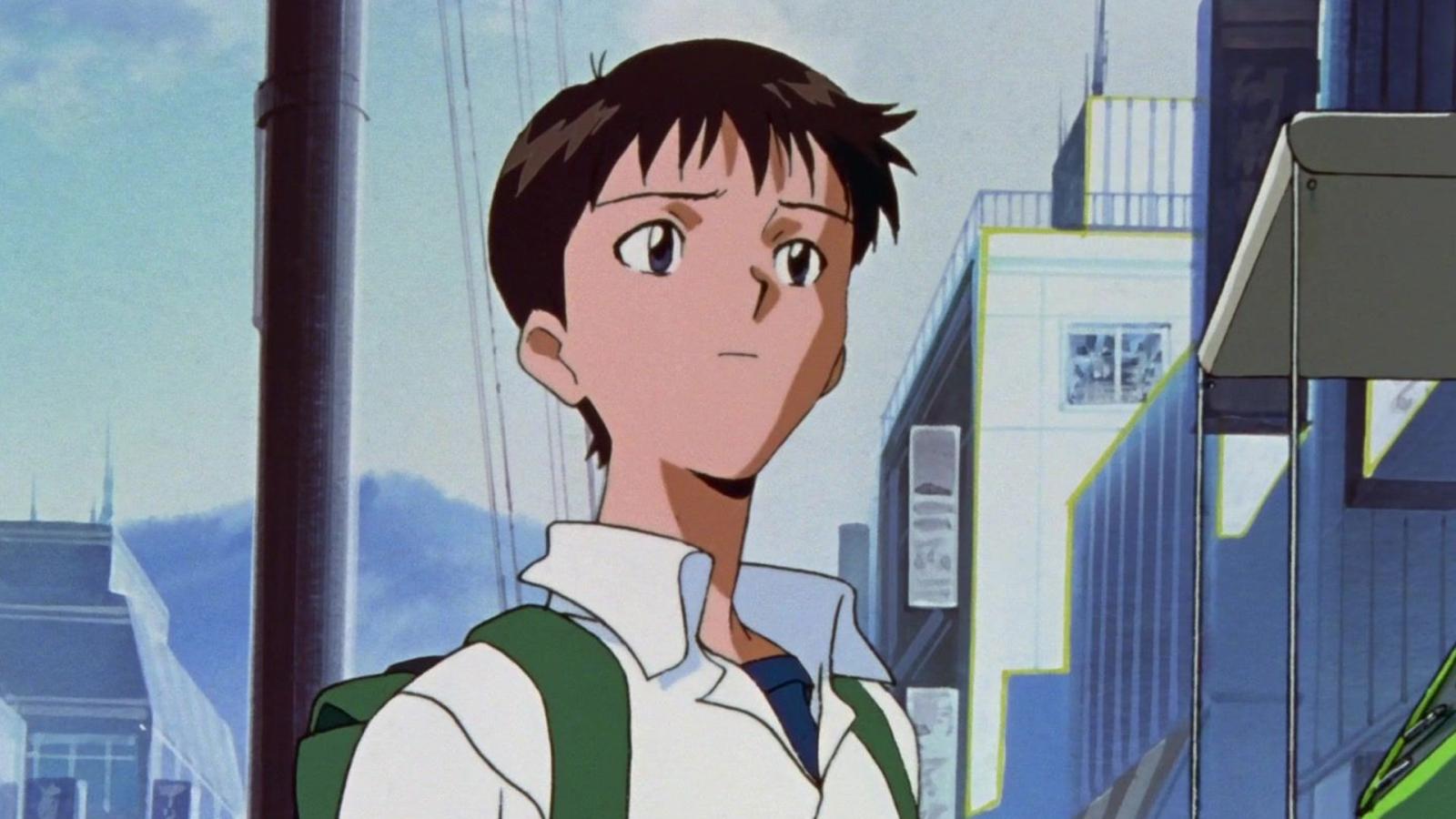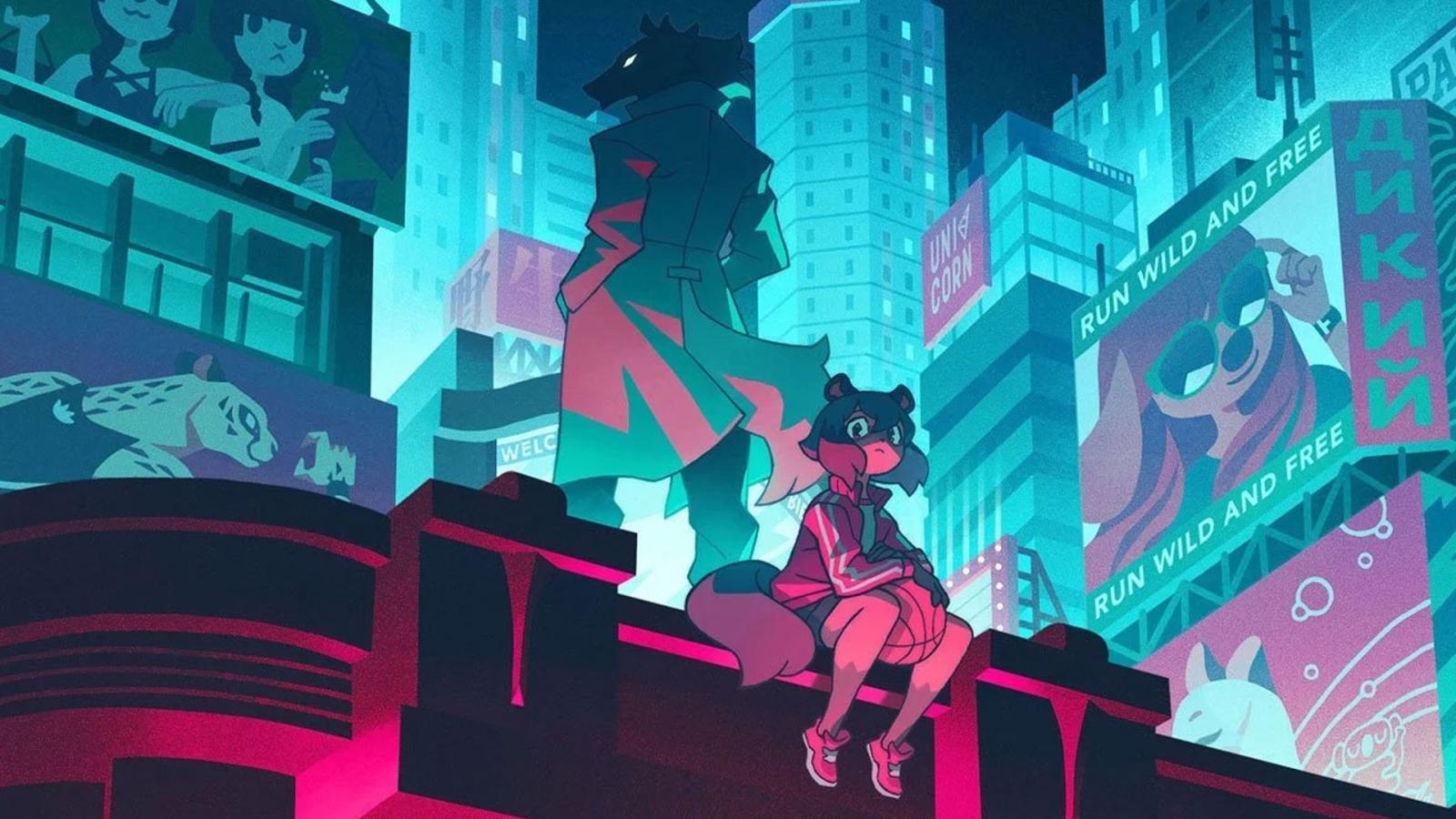It’s a curse, a curse we tell you!
Summary:
- Studio Trigger is a successor to Studio Gainax.
- Gainax Ending is an unsatisfying, last-minute twist, first seen in Evangelion.
- Studio Trigger continues the tradition of Gainax Endings with most of their shows.
- There’s hope Dungeon Meshi will avoid this unfortunate fate.
Back in the day, from mid-1990s to the end of 2010s, Gainax was one of the most influential studios in the anime industry, with the existential multimedia behemoth Neon Genesis Evangelion, high-octane Tengen Toppa Gurren-Lagann and sleazy Panty & Stocking with Garterbelt as the highest points of the studio’s history. Then, in 2011, a former Gainax employee Hiroyuki Imaishi (the director behind Gurren-Lagann) founded Studio Trigger.
Over its decade-long history, Trigger released many new stories, all following the same manic energy that made Gurren-Lagann popular: Kill la Kill, Little Witch Academia, BNA: Brand New Animal, Promare and many others. Its library of anime made Studio Trigger an undisputed successor to Gainax — though along with its reputation, the studio also inherited one very unfortunate thing: the Gainax Endings.
What is a Gainax Ending?

One of the most controversial aspects of the original Neon Genesis Evangelion was its ending. Rather than concluding the TV series in a satisfying manner, it decided to go for a complete mood whiplash bordering on surrealism with the infamous “Congratulations!” scene, confusing or even enraging its fans.
This alone, of course, was not enough to warrant an entire trope — no, such nonsensical, and often disappointing endings became the norm for pre-Trigger Gainax, including such memorable instances of flipping the audience as Nia’s death in Gurren-Lagann and Stocking’s post-credits betrayal in the final episode of P&SwG.
Was Imaishi the problem?

Studio Trigger’s library of works often features strong worldbuilding, yet similarly baffling endings. In BNA, the reason for why humans are irrationally racist against beastmen turns out to be true — and the conflict is resolved in a very unsatisfying and aticlimactic way. In LWA, the main antagonist’s actions make little sense, and the conflict is resolved in a very unsatisfying and anticlimactic way. And the less is said about the ending of Darling in the Franxx, the better.
Studio Trigger seems to be very good at worldbuilding, humor, and high-octane action — yet can’t write a satisfying ending to their stories to save their lives. Perhaps, this trope is less of a Gainax Ending, and more of an Imaishi Ending, as this phenomenon seems to follow this particular director.
On the other hand, there is hope that Trigger’s unique and fun animation style lends itself better to adapting already existing stories. After all, we are all eagerly waiting for the upcoming anime adaptation of Delicious in Dungeon (Dungeon Meshi) — and with any luck, due to its story already being written, it will avoid the horrible curse of an Imaishi Ending.

